Table of Contents
فوائد استخدام البوليستر المعاد تدويره لتدفق حركة المرور
الرقم التسلسلي
| العنصر | جزيئات ألياف اللجنين |
| 1 | يوفر استخدام ألياف البوليستر المعاد تدويرها في بناء الطرق العديد من الفوائد التي تجعلها الخيار المفضل لمشاريع البنية التحتية. واحدة من المزايا الرئيسية هي تأثيرها البيئي. ومن خلال استخدام المواد المعاد تدويرها، مثل الزجاجات البلاستيكية، لصنع ألياف البوليستر، ينخفض الطلب على المواد الخام، مما يؤدي إلى انخفاض استهلاك النفايات والطاقة. ولا يساعد ذلك في الحفاظ على الموارد الطبيعية فحسب، بل يساهم أيضًا في تقليل انبعاثات الكربون المرتبطة بإنتاج مواد جديدة. |
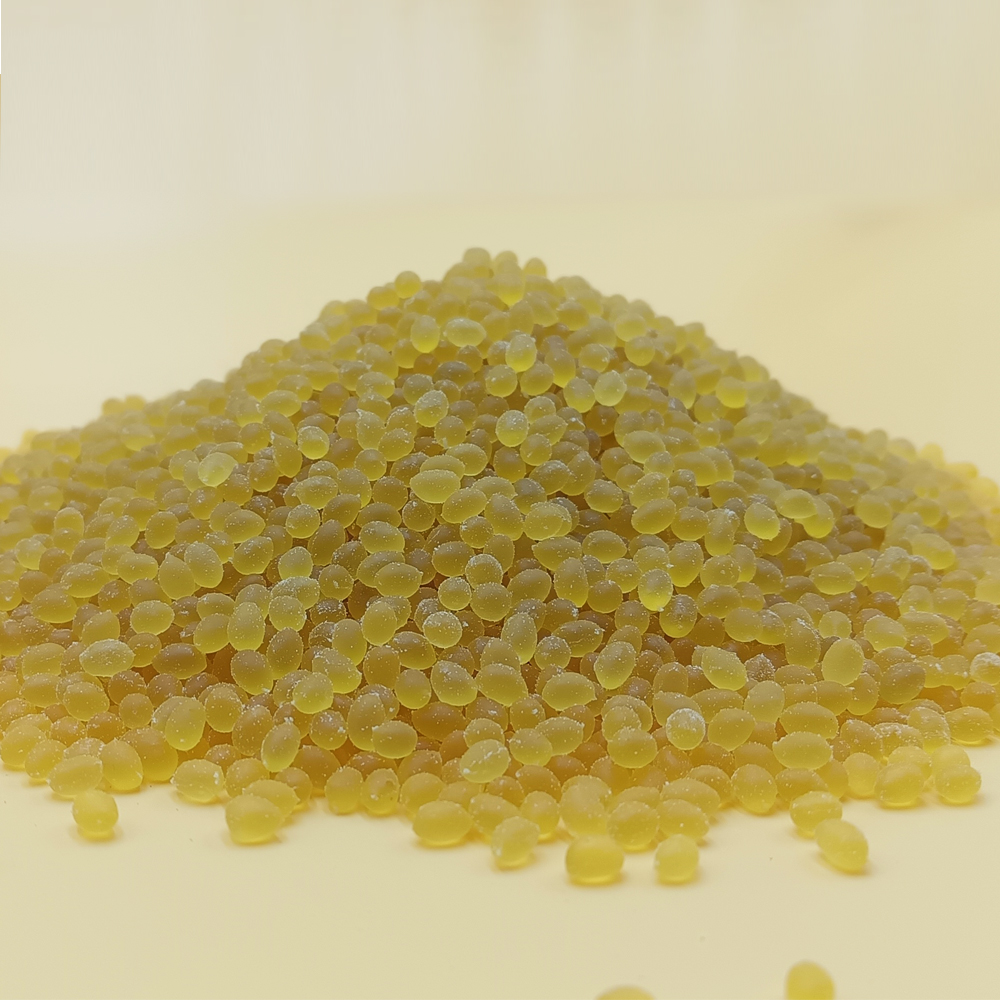
الجزء
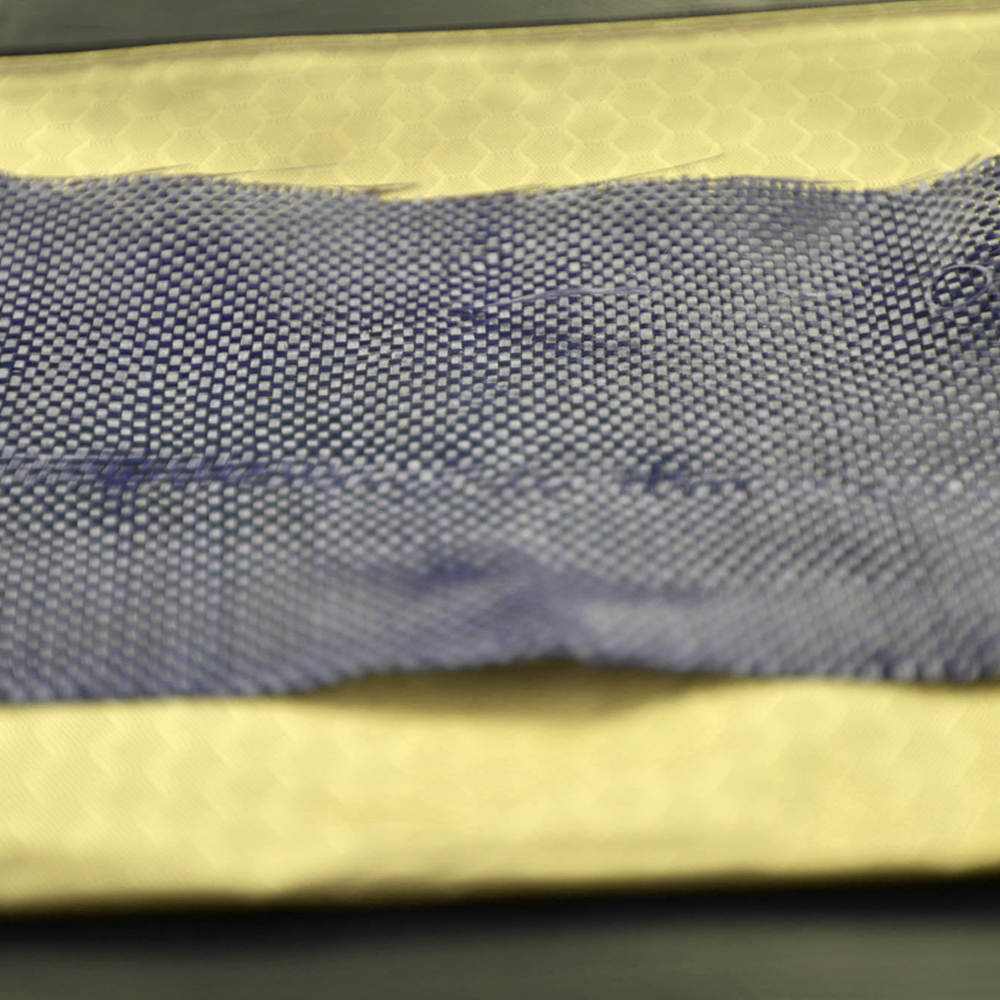
| اسم المنتج | الألياف الصناعية للسلامة المرورية |
| 1 | الرقم التسلسلي |
المنتجات
| محسن اللزوجة للبيتومين | الرقم التسلسلي |
| 1 | الاسم |
| عامل الربط السائل | علاوة على ذلك، فإن استخدام ألياف البوليستر المعاد تدويرها في بناء الطرق يمكن أن يؤدي أيضًا إلى تحسين الأداء العام للرصيف. تساعد الألياف في توزيع الحمل بالتساوي عبر السطح، مما يقلل من خطر التآكل والتشوه الناتج عن حركة المرور الكثيفة. وينتج عن ذلك سطح طريق أكثر سلاسة واستقرارًا، مما يعزز راحة القيادة والسلامة لسائقي السيارات. |
| 1 | الجزء |
الاسم
| عامل معامل عالي | الرقم التسلسلي |
| 1 | المنتج |
الألياف البازلتية للأرصفة الإسفلتية المرنة
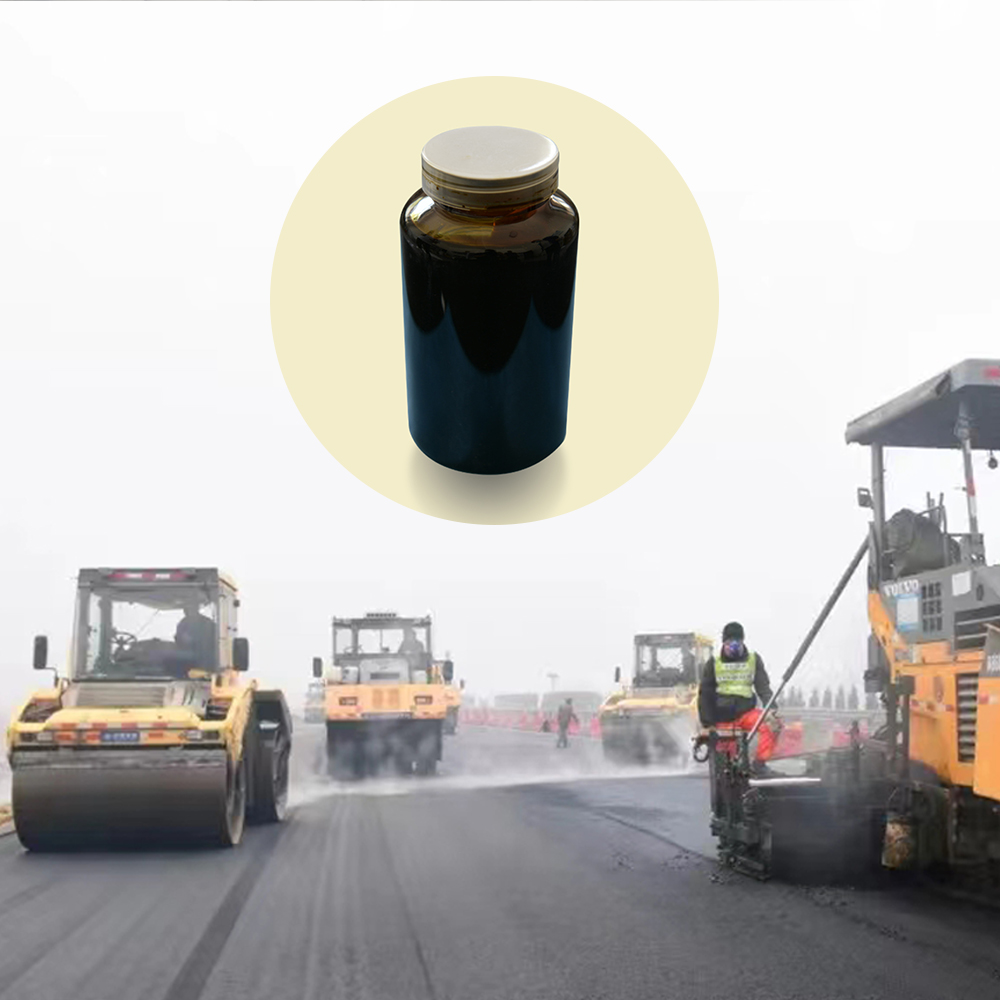
| علاوة على ذلك، من السهل التعامل مع ألياف البوليستر المعاد تدويرها وخلطها مع رابط الأسفلت، مما يجعلها حلاً فعالاً من حيث التكلفة لمشاريع بناء الطرق. ويمكن إضافة الألياف مباشرة إلى الخليط الإسفلتي أثناء عملية الخلط، دون الحاجة إلى معدات متخصصة أو عمالة إضافية. يؤدي ذلك إلى تبسيط عملية البناء وتقليل تكاليف المشروع الإجمالية، مما يجعله خيارًا جذابًا لسلطات النقل التي تتطلع إلى تحسين ميزانياتها. | لا. |
| 1 | المنتجات |
معززات قوة خلط الاسفلت
| أهمية الألياف المضادة للتشقق في تحسين تدفق حركة المرور | رقم |
| 1 | المنتجات |
عامل خلط البيتومين الدافئ
في الختام، فإن استخدام ألياف البوليستر المعاد تدويرها المضادة للتشققات في بناء الطرق يوفر حلاً مستدامًا وفعالاً من حيث التكلفة لتحسين تدفق حركة المرور وتعزيز متانة أنظمة النقل. ومن خلال تعزيز الخلطات الإسفلتية بهذه المادة المبتكرة، يمكن للمهندسين إنشاء أسطح طرق أقوى وأكثر مرونة وأقل عرضة للتشققات وغيرها من أشكال الضرر. مع استمرار المدن والبلديات في الاستثمار في تحديث البنية التحتية، تمثل ألياف البوليستر المعاد تدويرها المقاومة للتشققات تقنية واعدة يمكن أن تساعد في إنشاء شبكات نقل أكثر أمانًا وكفاءة للمستقبل.
Traffic flow is a critical aspect of urban infrastructure that affects the efficiency and Safety of transportation systems. One of the key challenges in maintaining smooth traffic flow is the development of cracks in road surfaces, which can Lead to congestion, accidents, and costly repairs. To address this issue, engineers and researchers have been exploring innovative solutions, such as the use of recycled polyester anti-crack Fiber in road construction.
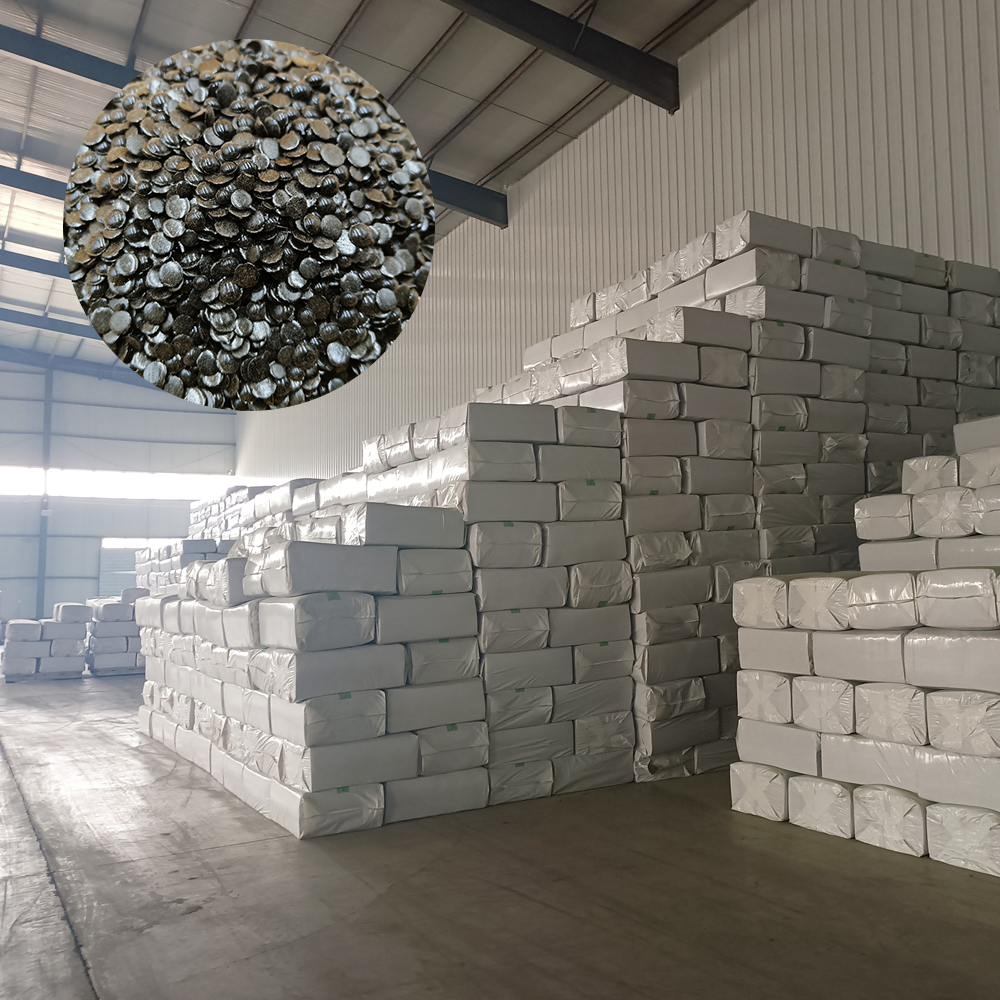
Anti-crack fiber is a synthetic material that is added to asphalt mixtures to improve the durability and longevity of road surfaces. By reinforcing the asphalt matrix, anti-crack fiber helps to prevent the formation of cracks and reduce the need for frequent maintenance and repairs. Recycled polyester anti-crack fiber, in particular, offers several advantages over traditional materials, including enhanced strength, flexibility, and sustainability.
| Nr. | Products |
| 1 | Warm Mixing Bitumen Agent |
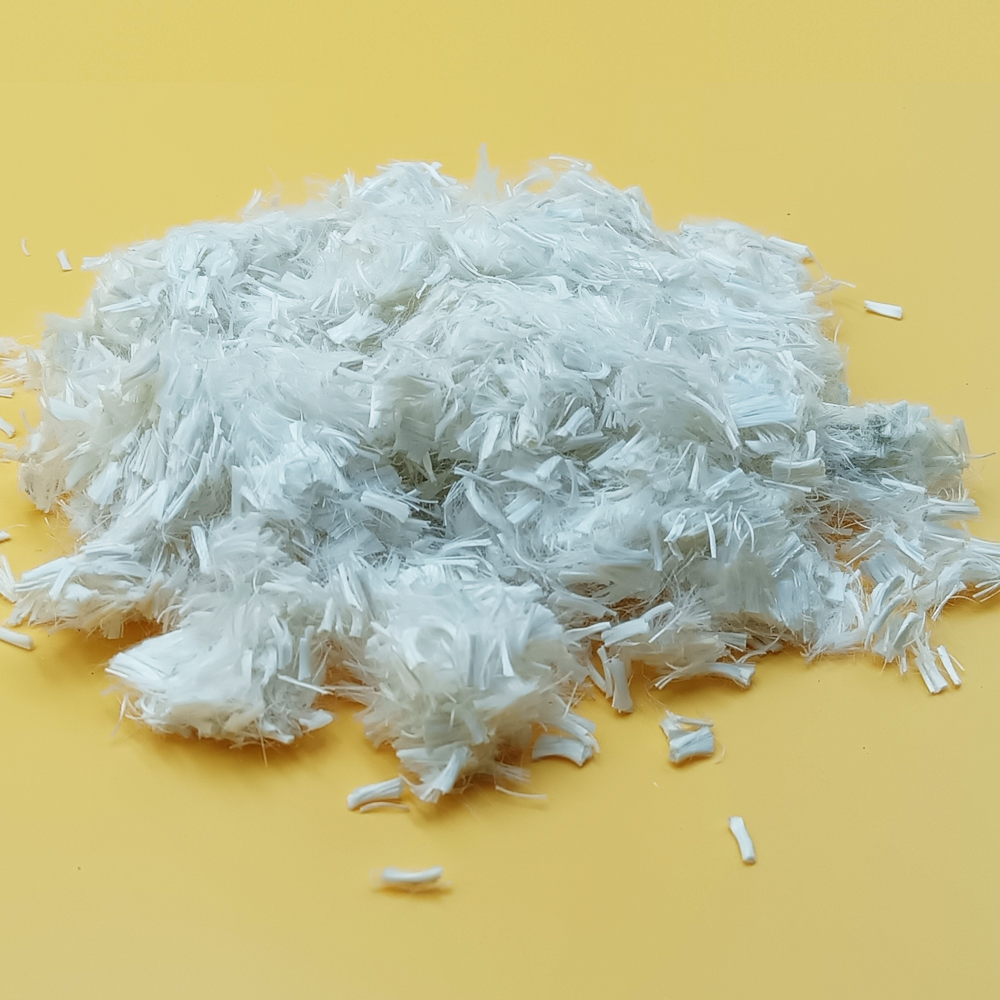
One of the key benefits of using recycled polyester anti-crack fiber is its superior tensile strength, which helps to distribute loads more evenly across the road surface. This reduces the likelihood of cracking and rutting, especially in high-traffic areas where vehicles exert significant pressure on the pavement. In addition, the flexibility of recycled Polyester Fiber allows it to adapt to changes in temperature and moisture, minimizing the risk of damage from freeze-thaw cycles and other environmental factors.
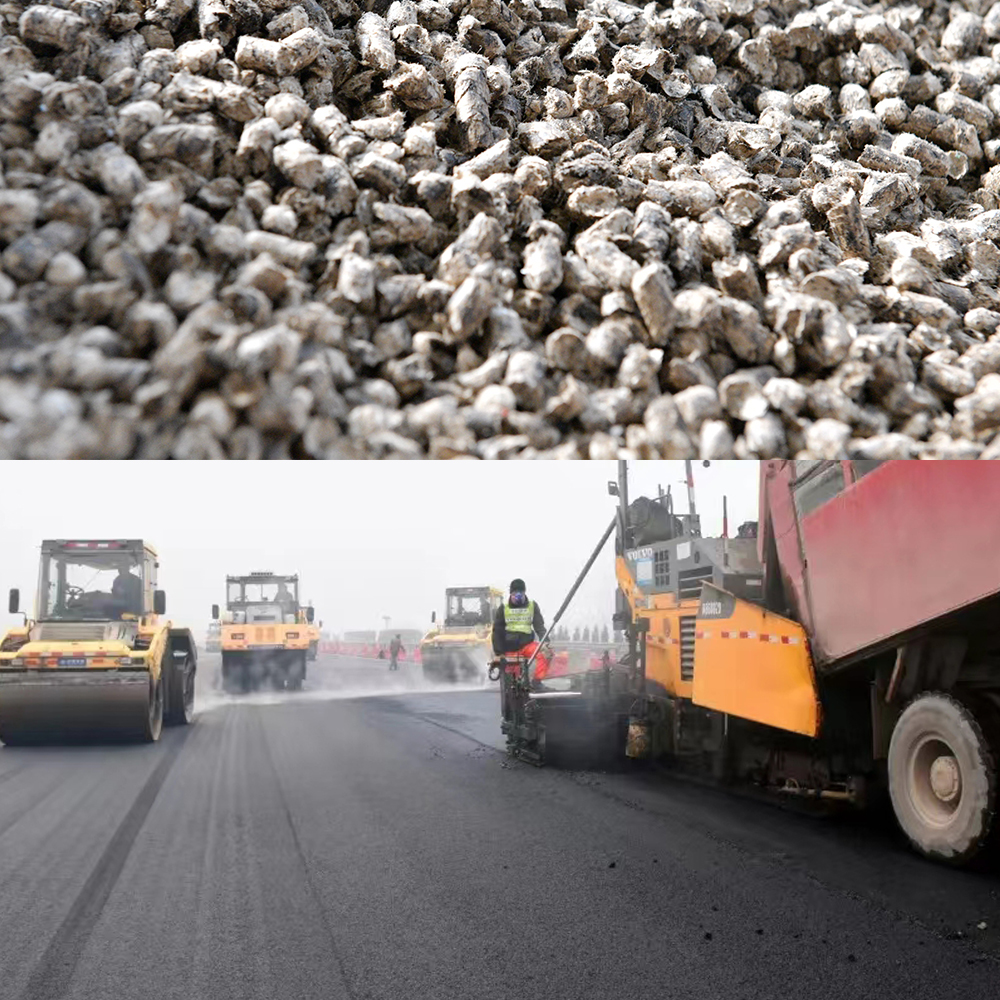
Another advantage of recycled polyester anti-crack fiber is its sustainability. As the name suggests, this material is made from recycled polyester fibers, which are derived from post-consumer plastic waste. By repurposing Plastic Bottles and other discarded materials, engineers can reduce the environmental impact of road construction and contribute to the circular economy. In addition, the use of recycled polyester fiber helps to reduce the consumption of natural resources and energy, making it a more eco-friendly alternative to traditional materials.
In terms of performance, recycled polyester anti-crack fiber has been shown to improve the overall quality and longevity of road surfaces. Studies have demonstrated that roads reinforced with this material exhibit greater resistance to cracking, fatigue, and deformation, resulting in smoother and safer driving conditions. By reducing the need for frequent repairs and maintenance, recycled polyester fiber can also help to lower the overall lifecycle costs of road infrastructure, saving taxpayers money in the long run.
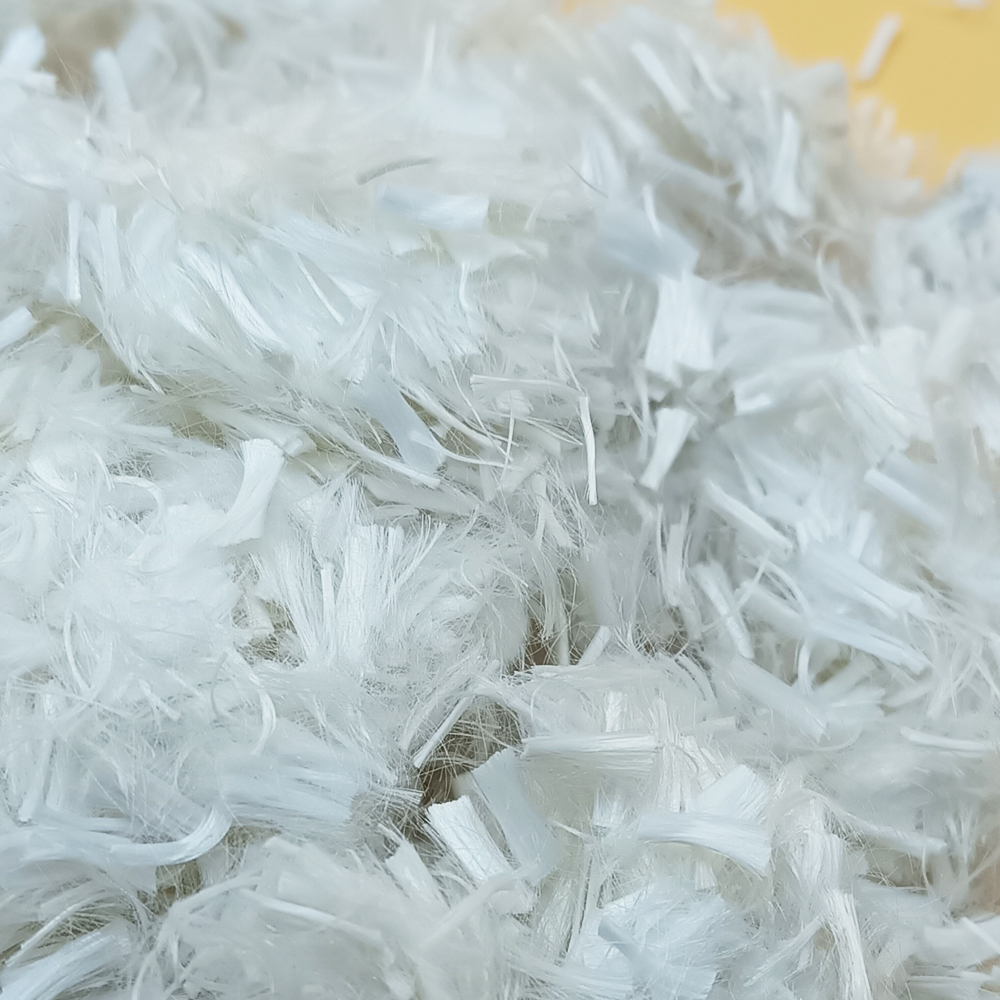
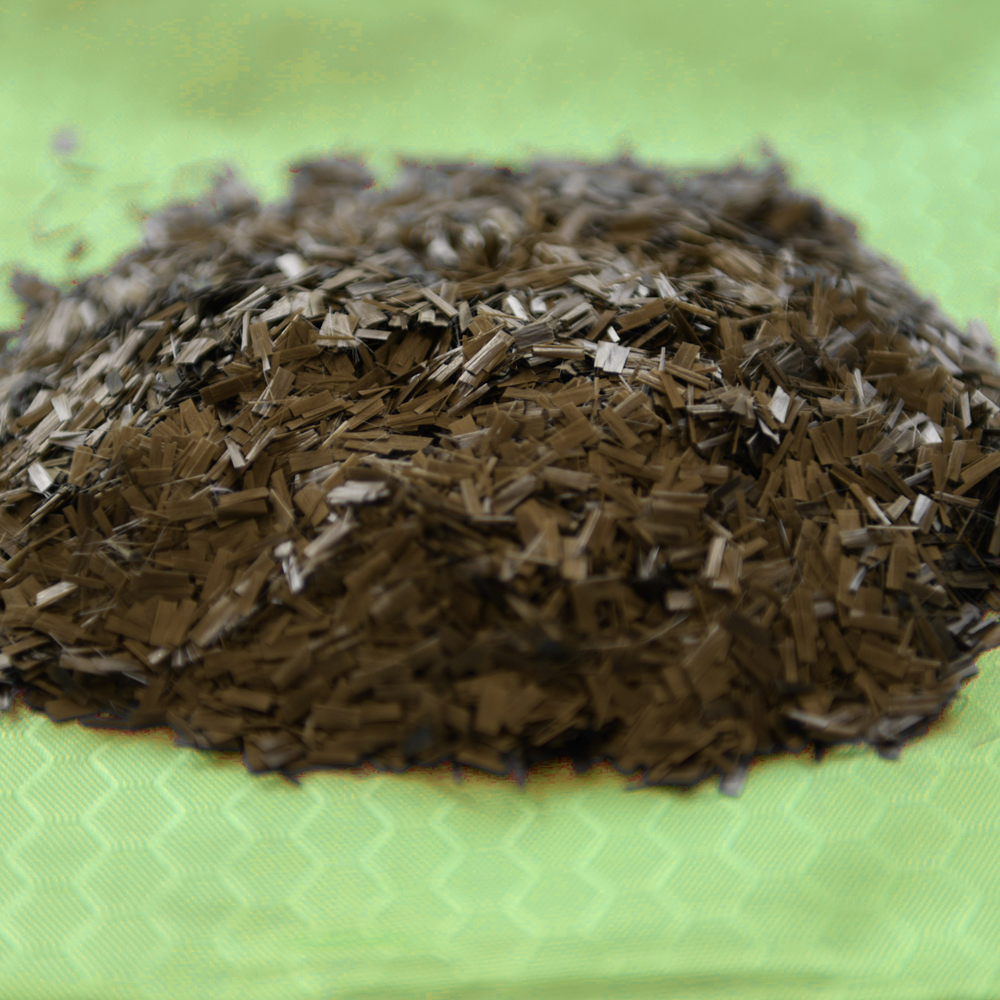
In conclusion, the use of recycled polyester anti-crack fiber in road construction offers a sustainable and cost-effective solution for improving traffic flow and enhancing the durability of transportation systems. By reinforcing asphalt mixtures with this innovative material, engineers can create stronger, more resilient road surfaces that are less prone to cracking and other forms of damage. As cities and municipalities continue to invest in infrastructure upgrades, recycled polyester anti-crack fiber represents a promising technology that can help to create safer, more efficient transportation networks for the future.


